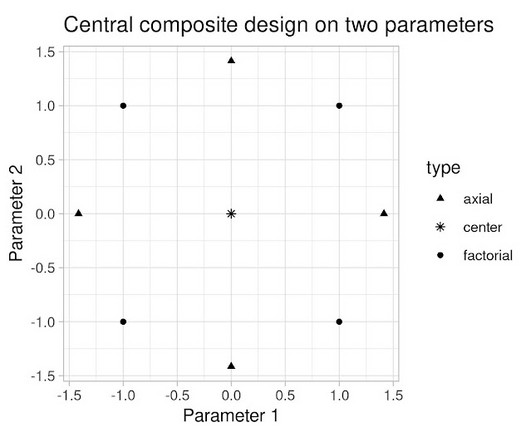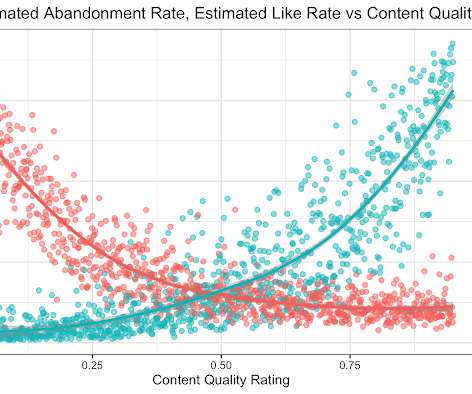Towards optimal experimentation in online systems
The Unofficial Google Data Science Blog
APRIL 23, 2024
the weight given to Likes in our video recommendation algorithm) while $Y$ is a vector of outcome measures such as different metrics of user experience (e.g., Crucially, it takes into account the uncertainty inherent in our experiments. Here, $X$ is a vector of tuning parameters that control the system's operating characteristics (e.g.


















Let's personalize your content